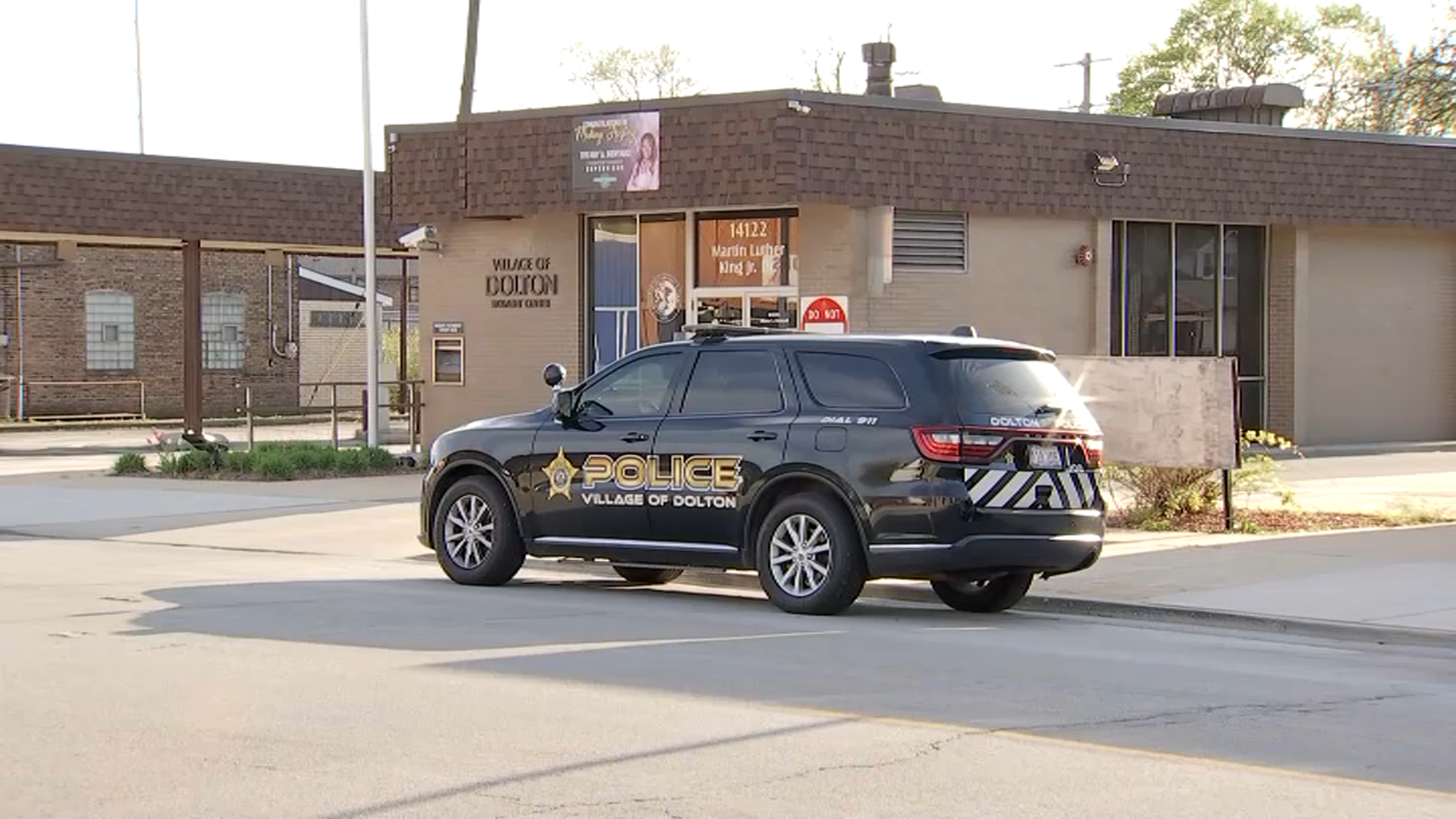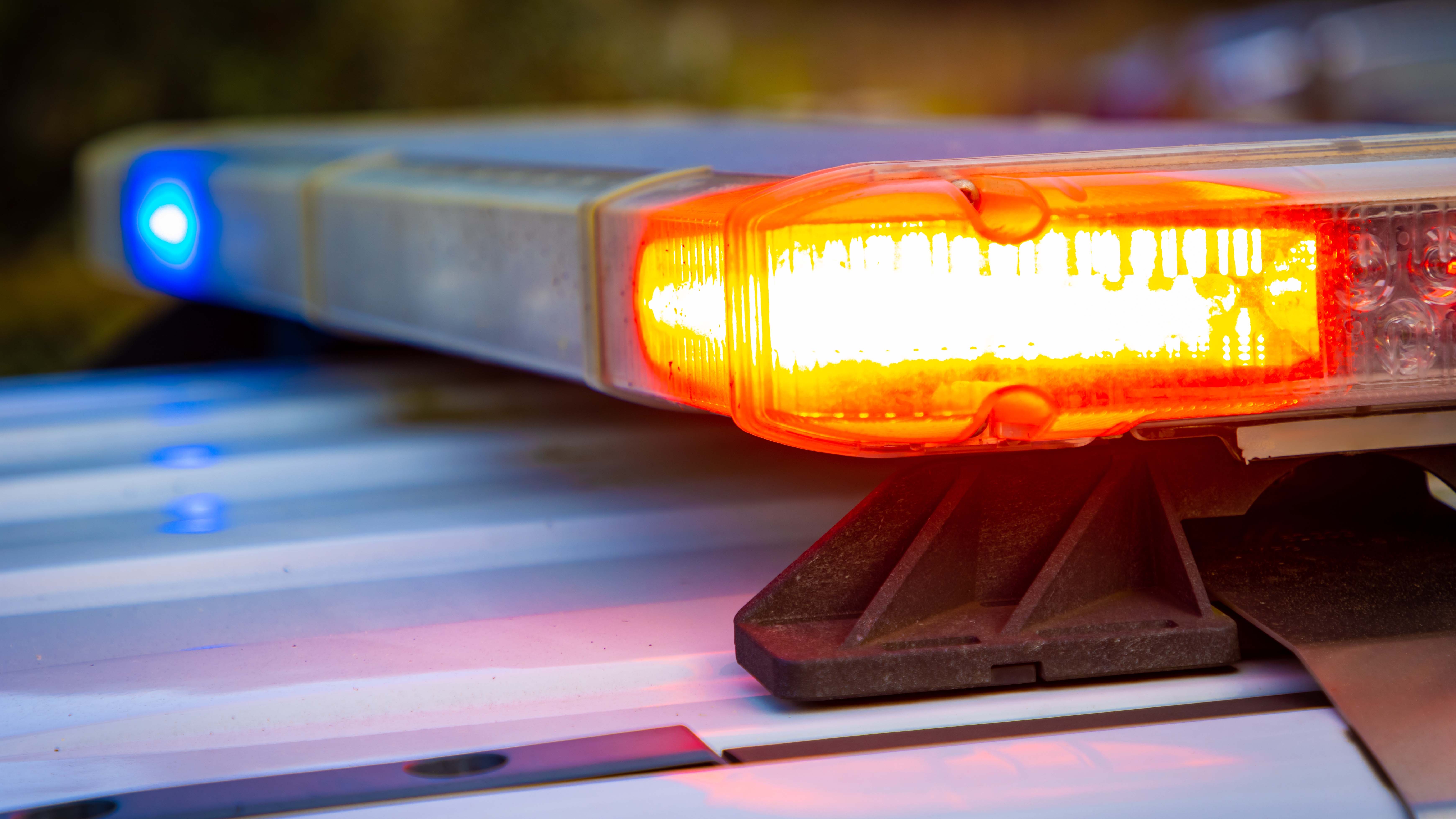The northwest Indiana 911 dispatch center under fire for sending first responders to the wrong address this week made another serious mistake earlier this year, officials said.
Kenneth Booker, 81, called 911 Monday night complaining of chest pain. Officials say he gave Lake County, Indiana dispatch his address on the 800 block of North Lillian in Griffith, but the dispatcher entered it wrong, sending emergency crews five blocks away from his home.
Booker called back twice, but by the time paramedics finally found him, 47 minutes later, he was unresponsive. Booker later died.
“I think the dispatcher failed this man,” said Brian Hitchcock, executive director of Lake County 911. "It's not the system, but of course we are an entity and I'm the director of this organization and we have to find resolve to this. That's what we're attempting to do right now."
Hitchcock said the dispatcher, who is a 9-year veteran, has been placed on unpaid leave.
Lake County 911 became fully operational just a few weeks ago, now overseeing emergency dispatch calls for 15 towns and cities, but this is not the first time dispatch made such a mistake since the system first went online.
In June, Gary Transit Officer Burt Sanders was found dead inside a church after having called 911 for help.
Local
Paramedics left when they found the church doors locked, but officials said the dispatcher was at fault for not relaying how dire the situation was. That dispatcher was later fired.
“Dispatchers are human, just like you and I, and we do make mistakes, but mistakes like this can cost lives so we have to be careful,” Hitchcock said. “We’re very concerned with calls like this.”
Hitchcock said the latest case was an isolated incident, but Griffith police want their own investigation.
“Unfortunately, it was too late to do anything in this instance, but [the investigation] is to see that we can prevent it from happening again in the future,” said Cmdr. Keith Martin.



